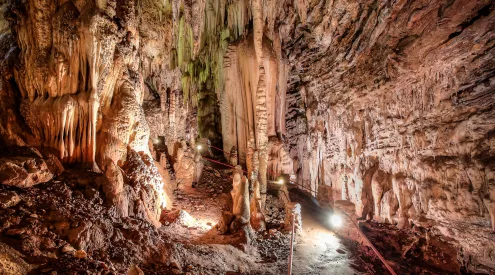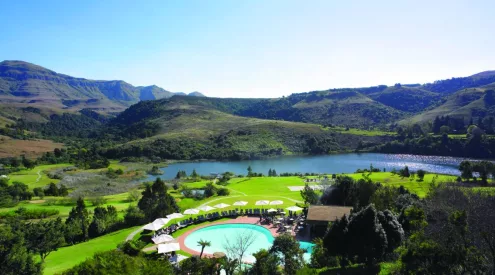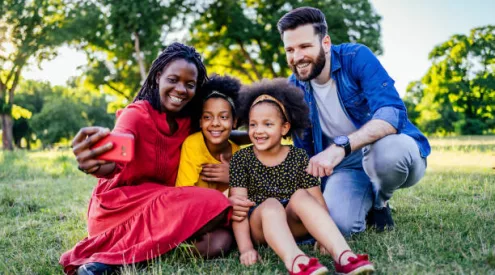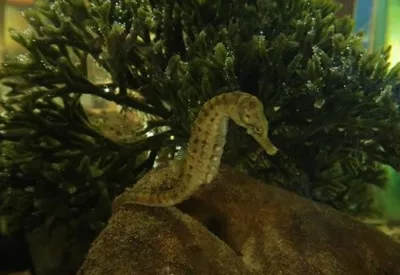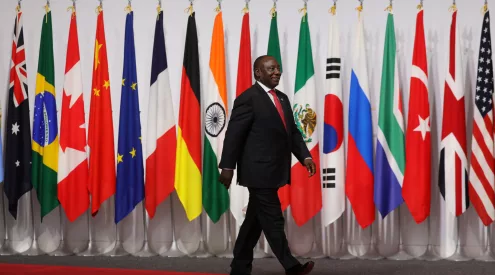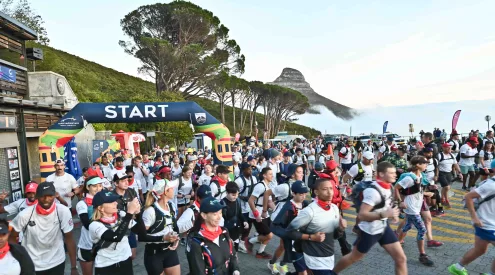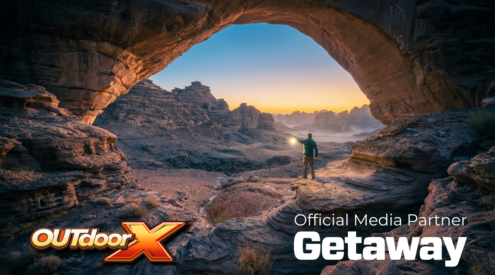AfrikaBurn, an annual festival of love and creativity, is attended by free spirits who sometimes bring their families. But how appropriate is it for not-yet-adults? Pippa de Bruyn explores the issue.
Also see:
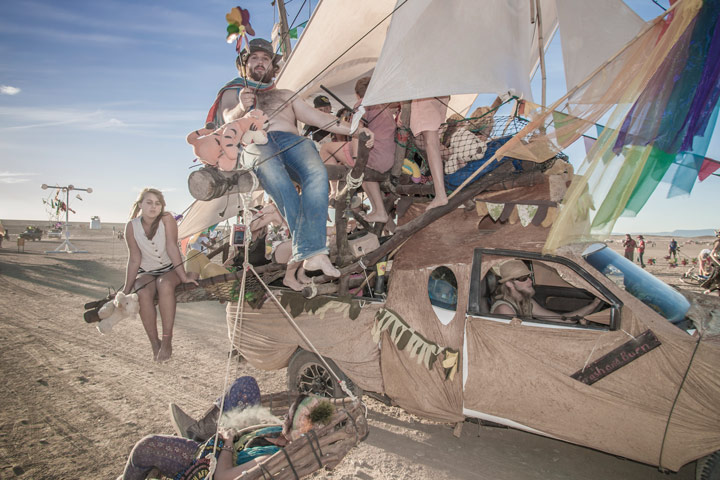
Children are a common sight around Tankwa Town. Between 500 and 700 attended the festival in 2014. Photo by Sarah Isaacs.
I am in the kitchen, preparing dinner, when my 16-year-old mentions that her Grade 11 mid-year exams – the ones that will determine her tertiary fate – will start three weeks after AfrikaBurn. I respond casually, replacing the casserole lid, that this will then be the year we skip, and turn just in time to see her drop like a stone and start to sob uncontrollably. By the time she has slammed her bedroom door, keening ‘How can you?’, I’m not sure whether to laugh out loud or call the family doctor.
I pour a glass of wine instead and ponder how we got to this place where I am nervous of denying my eldest access to what she has come to describe as her ‘spiritual home’.
‘AfrikaBurn is not some kind of glorified summer camp. Teenagers can be exposed to some of the scary dangers of adult life.’
Richard Bowsher, one of the five founding members of AfrikaBurn (and the only one with children, though admittedly both under the age of two) is a firm proponent of having ‘complete, untethered fun, unhindered by parental responsibilities’. While Bowsher readily admits the presence of so many children – between 500 and 700 last year – makes for a far gentler atmosphere than Burning Man, he’s not convinced the 10000-strong event is appropriate for those between the ages of 11 and 20.
‘Sure, it’s a great playground, but I’m certainly not taking my children there any time soon,’ says Richard. ‘At least I’d like to see a policy introduced that makes it compulsory for anyone in this age group to be accompanied by their own parents.’
When I ask Travis Lyle, head of communications, whether any change to the child policy is due in the light of an increase in ‘shmangled teenagers’ (as one parentless Burner complained), he is surprised.
‘Teenagers are the future of the Burn. Exclusion of any kind directly contradicts one of the core principles of radical inclusion. What we do try to encourage is more participation. We are hoping to possibly develop a mentor programme, whereby older Burners explain things such as the guiding principles, possibly as part of ranger training.’
I meet Jono Hoffenberg, head of health and safety since the first Burn was ignited in 2007, on UCT’s campus where he mentor-manages student-run education outreach projects for Shawco. Hoffenberg, aka ‘Ranger Bob’, has never taken any of his three children to the Burn.
‘Maybe next year, when Max is 16, but only if I have enough time to spend with him. AfrikaBurn isn’t some kind of Utopian Kumbaya experience. It’s hot, windy, dusty, cold, noisy and, yes, there are things happening – nudity, drinking, drugs – you may not be comfortable about your children witnessing.’
When I tell Jono my daughter regularly posts a countdown to the next Burn, he nods.
‘For many, AfrikaBurn is the first time children experience real freedom – roaming around together on foot or bikes in a safe, open, friendly outdoor environment. Tankwa Town encourages relaxed exploration, pageantry, tolerance, giving without exchange – all this in a very tangible, very photogenic landscape. I’ve heard kids say it’s better than Christmas. But for teenagers who are biologically hard-wired to take risks, at an event that pushes even adult boundaries, it can be problematic.’
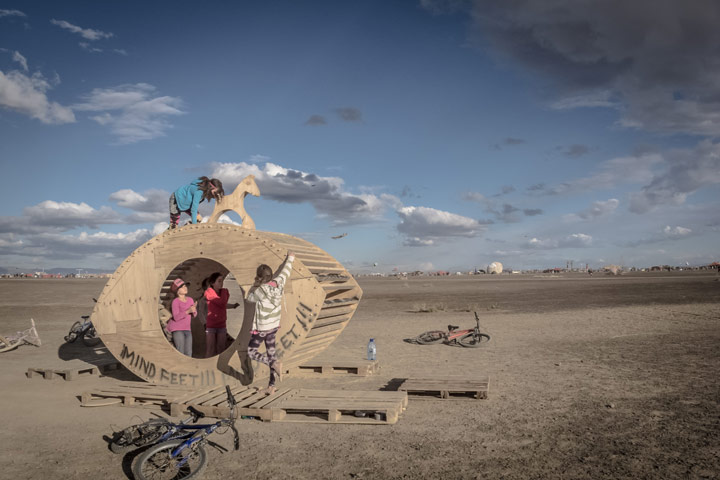
“I’ve heard kids say it’s better than Christmas.”
Hoffenberg’s account of last year’s medical evacuation of a 17-year-old girl is clinical. Picked up by the rangers in a woozy state, she was taken to the first-aid facility and was being monitored when her heart stopped. The medics resuscitated and stabilised her. The decision to evacuate was made not because she was in immediate danger but to free up the advanced life-support medic in case there was another emergency. She was transferred to a hospital where her toxicology report showed traces of GHB. Currently legal, it can induce heart or respiratory failure when imbibed with alcohol. She was attending without her parents.
‘AfrikaBurn is not some kind of glorified summer camp. Teenagers can be exposed to some of the scary dangers of adult life. But despite the apparent anarchy, there is a fairly invisible but watchful support structure to deal with situations when the wheels come off. It also provides a platform for parents to engage with their teenager around contentious issues and discuss the dangers that exist here and in the default world. But you need to have an honest, open, mutually trusting relationship. Things happen there that can rip away your sense of security. For some the experience can bring them closer.’
I am transported to the low point of our last Burn. We had arrived later than intended. Frantically setting up camp before nightfall, I had discussed specific boundaries with the two excited 16-year-olds in my charge – mistakenly assuming the two 12-year-olds would realise these applied doubly to them. As I lay awake counting the minutes after midnight, it was my 16-year-old who held me and repeatedly murmured, ‘You’re the best mum in the world.’ And when the young blighters returned at 1am, my rage was tempered by the calm wisdom of the young woman who only recently had been pummelling me in a downpour of ‘I hate yous’.
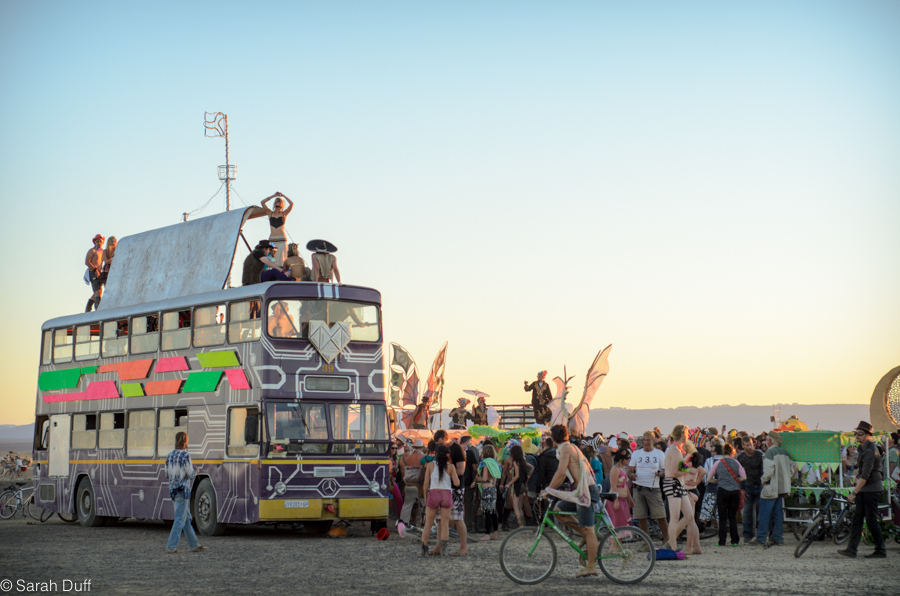
‘Despite the apparent anarchy, there is a fairly invisible but watchful support structure to deal with situations when the wheels come off.’ Photo by Sarah Duff.
Hoffenberg smiles. ‘As parents we can get trapped in the power dynamics we set up with our children in the default world. AfrikaBurn – a temporary non-hierarchical space that has no formal structures of control, that actively discourages control – can reveal the authentic, real face of your relationship. Go mindfully, and it can be transformative.’
I give my daughter the good news: AfrikaBurn is back on the cards – as long as she keeps doing well at school, washes the dishes, makes her bed and vacuums the floor. It’s the default world, baby.
Tankwa Town family safety tips
1. Go prepared
Read the survival guide and Ranger Bob’s posts on the AfrikaBurn website. Children old enough to read should be encouraged to do so as well.
2. Create a nest
Allow your children to take ownership of where you camp. Create a safe, familiar nest where they will feel comfortable hanging out with new friends you can then also meet.
3. Age counts
Children between four and 12 are in the sweet spot for AfrikaBurn. With infants and tiny tots, be wary of sunburn, heatstroke, noise and having enough ‘me’ time. Only bring teens to the event if you have a strong, open and honest relationship.
4. Go with friends
Hang out with people who share the same values and ethics and are prepared to share the responsibility. If you’re going large one night, discuss with your child that you’re taking some time out; make sure there’s a designated responsible adult during this period. Teens can’t be expected to care for younger siblings.
5. Familiarise the town
Lost children are the most common source of parental stress and losing them is easy in a site that keeps changing. On arrival, walk your ‘hood’ with your children to seek out fellow parents and introduce yourselves. Walk the binnekring with older kids, familiarising them with the medics/rangers/main site office and main streets. Find nearby child-friendly camps. Identify landmarks that aren’t going to change. Show them how to identify and find a ranger.
6. Create boundaries
Get your children to contract with you on boundaries, such as how far they are allowed to explore on their own (if at all), what they are/aren’t allowed to take from strangers, and when to check back in – make sure these times work for you too (for many, sunset is the best time to be out and about, but dark falls quickly). Institute a daily feedback session.
7. Volunteer together
This is not just a party and active participation in the festival’s greeting and gifting together will enrich the experience.
8. Discuss a game plan
What will you do if you get lost? (Don’t panic; find a ranger.) How do I get a message to you? (Identify a few camps where they can check in for news.) What will you do if a friend collapses or is hurt? (Call a ranger/medic.) Someone offers you a drink/drugs? (Take note of who and where, and please alert a senior ranger.) Experience a bad trip? (Aside from the professionally equipped first-aid tent, the Sanctuary is manned by trained specialists to deal with ‘overwhelmed’ participants.)
9. Relax
In addition to 300 volunteer rangers, there are about 60 security personnel, and professional fire and medic personnel. Despite the rumours of men handing out spiked drinks, predatory behaviour of this kind has never been verified. That said, the organisers take no chances. When a missing child is radioed in, the only gate out of Tankwa Town is immediately closed until the child is located.
10. Use a walkie-talkie
Keep track of your kids by two-way radio. Give the kids code names and they’ll have a ball safely exploring the festival. Just be sure to pack spare batteries as electricity is scarce in the desert.
This article first appeared in the January 2015 issue of Getaway magazine.




